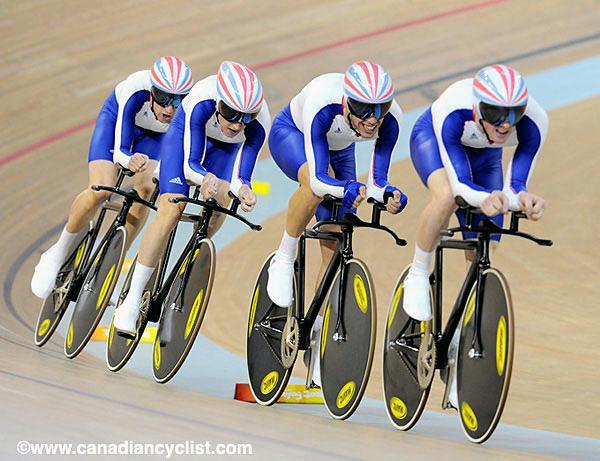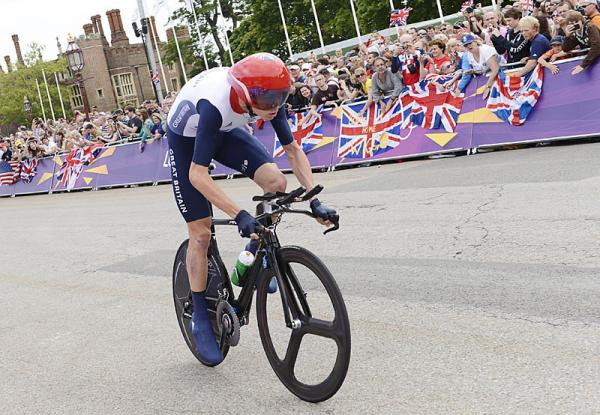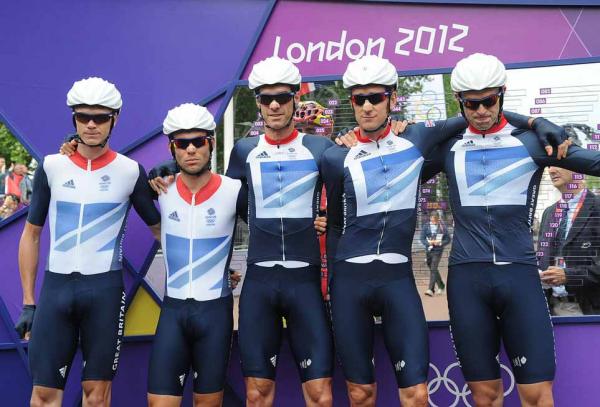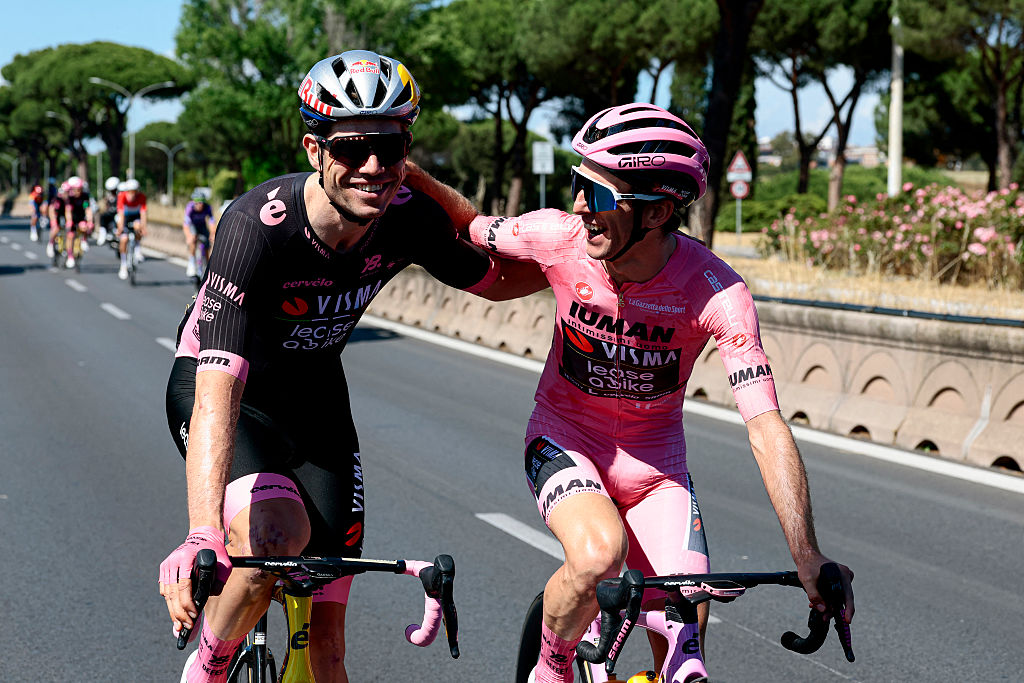Rio Olympic Games: How Great Britain plan to deliver success
With a year to the Rio Olympics, Team GB’s prospects are on the up in almost every event
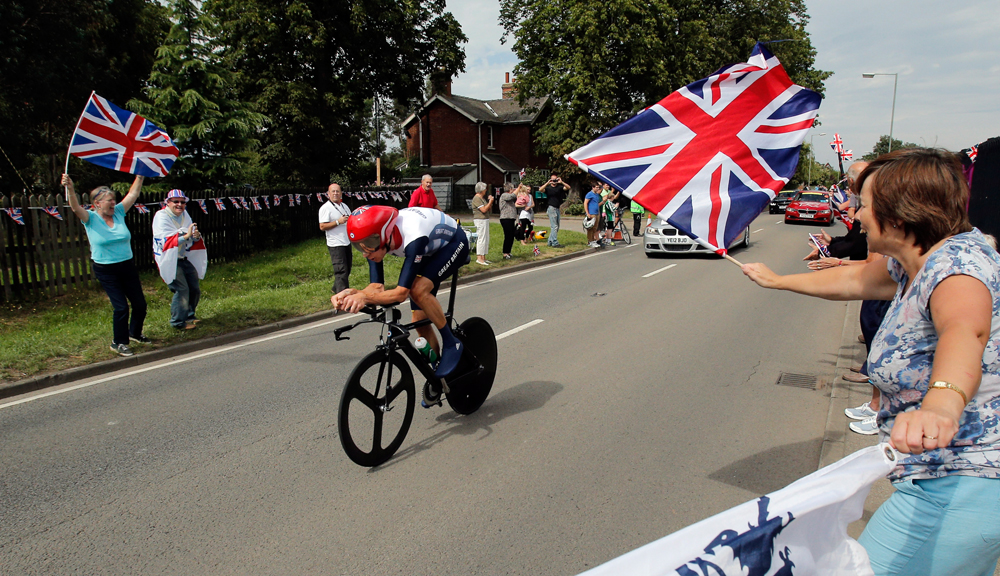
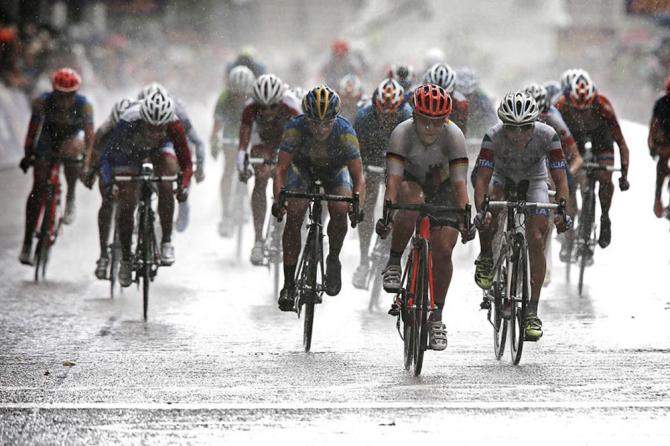
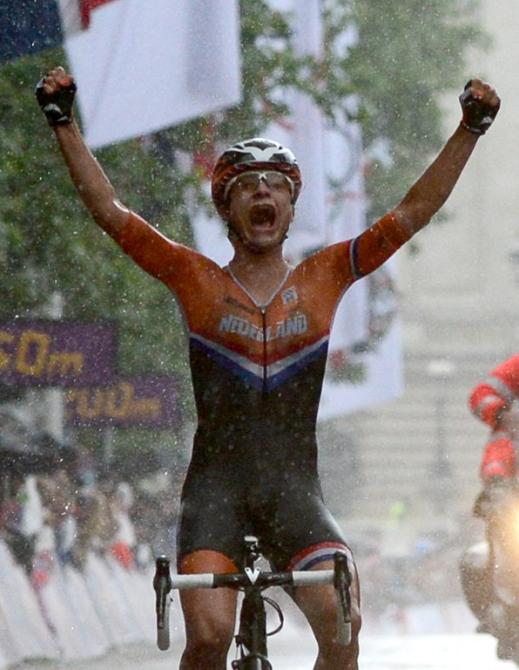
A year from today, the curtain will go up on the 2016 Rio de Janeiro Olympic Games, where Team GB will have the mammoth task of trying to emulate its haul of 12 medals from the cycling events at the London Games, including no fewer than eight golds. To put that into perspective, no other nation won more than a single gold.
Achieving anything close to that mark is what is commonly described nowadays as a big ask, especially when Great Britain’s performance at this year’s World Track Championships is taken into account. For the first time since 2001, the British team failed to win a single title on the boards, leading many to claim that its period of dominance is over.
Yet, six months on from that setback at the Paris Worlds, GB technical director Shane Sutton is optimistic as he looks ahead to Rio. “We’re competitive in all but two events, which are women’s BMX and the women’s sprint. But in the latter we’ve got a big player coming back in the shape of Becky James, who is making incremental gains on a daily basis and I fully expect her to get back to the form she had in Minsk [in 2013 when she won the sprint and keirin world titles],” Sutton told the press at the National Cycling Centre in Manchester.
“We’re in a good place now with a year to go, but six months ago I had a very different opinion,” Sutton confessed. “It’s taken a while for new coaches and support staff to bed in, but that’s been done now. The nation expects and I’m pretty sure we’re going to deliver.”
Outlining the qualification situation for each event, head coach Ian Dyer explained that a revamp of the places available in the sprint events means that Great Britain should secure two places in the men’s sprint and keirin events in Rio. “That’s different to last time around. We had two places in men’s sprint in Beijing, where Jason [Kenny] met Chris [Hoy] in the sprint, and we also had two places in the men’s keirin with Ross [Edgar] and Chris,” Dyer said.
“We achieved that by virtue of having the world champion in those disciplines as well as our nation place. In London that got shrunk, and we had selection races for sprint and keirin positions prior to London, but now they’ve opened it back up again back to two places for sprint and keirin.”
The situation is not quite as rosy in the women’s sprint events, where Great Britain is not currently in line to qualify two riders for the sprint and keirin as it ranked outside the top five in Europe. “At the moment we’re ranked ninth in the world but only sixth in Europe for the women’s sprint, which wouldn’t get us a team sprint place and would only get us a single place in sprint and keirin,” Dyer explained.
The latest race content, interviews, features, reviews and expert buying guides, direct to your inbox!
“Needless to say, we are chasing that qualification spot for team sprint. It’s fair to say that China and Russia have taken team sprint forwards significantly in the past year and that medal looks a little further out of reach than it has done in the past.”
Like Sutton, Dyer also commented on the boost that Becky James’ comeback from injury and Shanaze Reade’s return from BMX racing in the US has given the women’s sprint set-up. “They’ve really added some fire into the training sessions, so we’re hopeful we can move the women’s sprint team forwards and gain those individual spots in sprint and keirin.”
There are no concerns about qualification for the pursuit events, where GB’s men are ranked first in the world and in Europe, and the women second in the world and first in Europe. They are also in line to secure a place in both the men’s and women’s omnium events.
Qualification prospects are good on the road too. “We’re currently second in the men’s rankings after Chris Froome’s win at the Tour de France and that would net us five places in the road race and one in the time trial as one of the top five nations,” said Dyer. The women are currently in eighth place in the rankings, which would secure them three places in the road race and one in the time trial.
The BMX test event takes place in the first week of October, with the mountain bike test event following a week later. However, the track riders will have to wait until after next year’s World Championships in London to get a sight of the Rio track, which is only now starting to rise from the ground.
“At the minute, I’ve been assured that the track has got beyond the hole-in-the-ground stage,” said Dyer. “I’ve heard there are some pillars appearing now, but you can still drive trucks in and out, and there’s not a building as such. But I’m hopeful we’ll be there in March, perhaps with a small team to recce it, but I think they are going to be very, very tight on their construction timelines, and that test event might be shifted.”
Dyer pointed out that, unlike the road event that takes place at the same time of year as the Olympic races, the track test event runs just a few months before the Games. “The technicality there is that whereas the road event gives us a close look at climactic conditions, the track test event comes right after the Worlds and comes in that period when you feel that you’re already heading towards the Games, so I’m not sure how keen the track coaches will be to send a full team to go and look at it,” he explained.
One key aspect of this programme is the opening and development of a European training in Italy later this year. “This is not a rehash of an old model. It will be a space where riders and staff are not only housed, but where there is also a space where we can develop riders and staff.
“The area we’re targeting in Italy not only has a track, a BMX facility, access to mountain bike trails and also access to altitude, which will help create a multi-discipline centre for us in Italy, as opposed to what was predominantly a men’s endurance base.”
Picking up on this, Shane Sutton said that it wasn’t by chance that Great Britain brought through the likes of Mark Cavendish, Ian Stannard, Pete Kennaugh, Geraint Thomas, Ed Clancy and Steven Burke when it previously had a base in Italy.
“We had a long hard look at what works for us, and we believe that taking that particular part of the academy out of his environment in Manchester and putting them in Europe was the right way to proceed because having them domiciled here made it too comfortable for them,” Sutton stated.
“You’re right near home, you can duck back there and get your washing done and have Sunday dinner, and it needs be about getting a proper apprenticeship. I think that’s going to be one of the big keys to success moving forward to Tokyo in that particular area of our track programme.”
